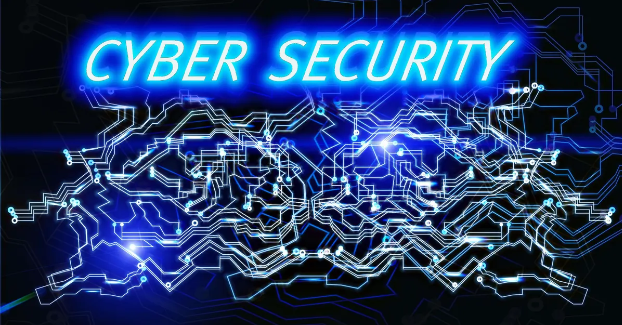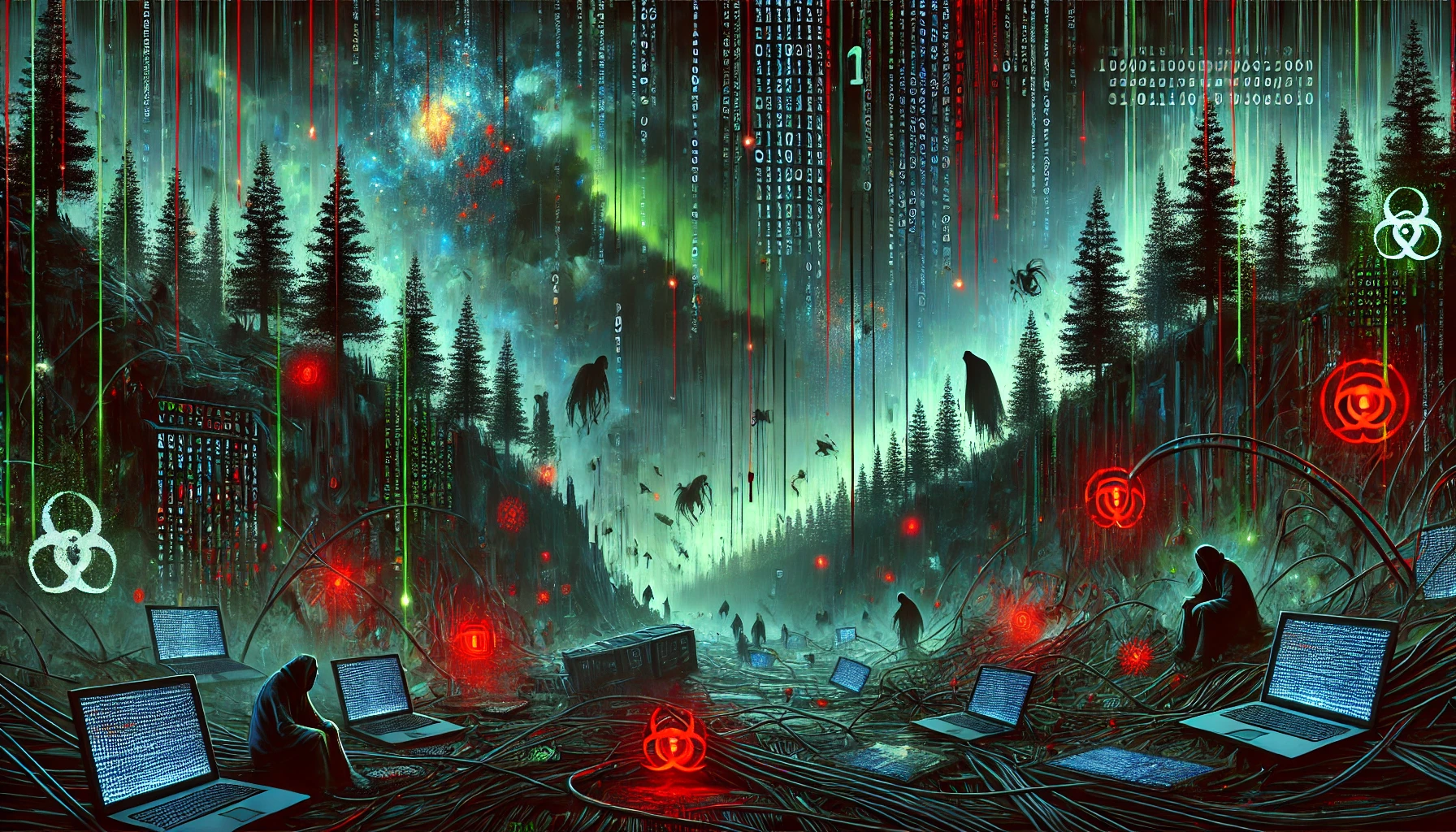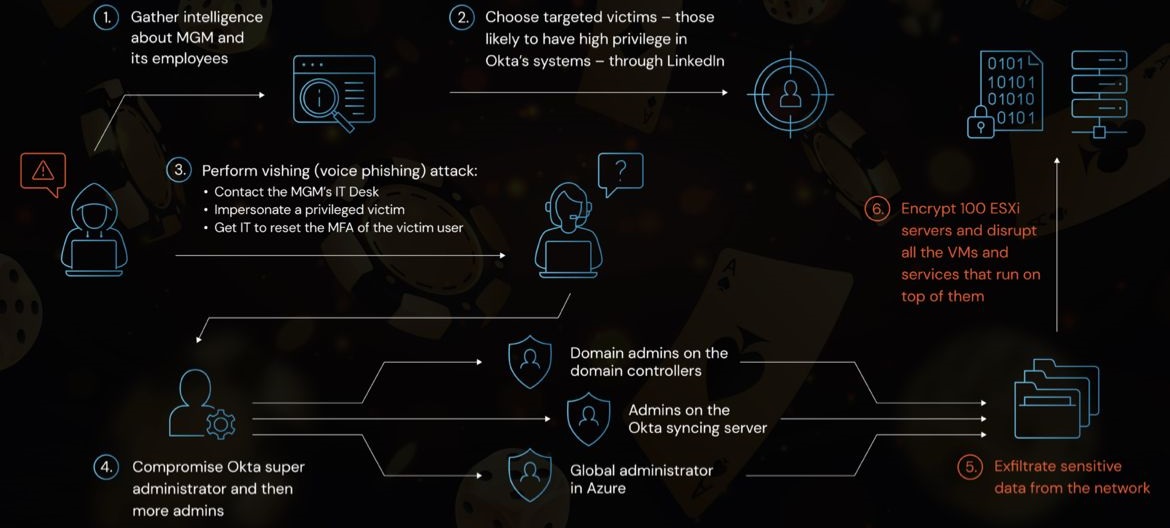
As our world becomes increasingly interconnected, the importance of robust cyber security measures cannot be overstated. Cyber threats are constantly evolving, posing significant risks to individuals, businesses, and even governments. To counter these threats effectively, cyber security professionals must stay ahead of the curve and adapt to the latest trends shaping the industry.
In this article, we will explore the most prominent trends in cyber security today. From the increasing sophistication of cyber attacks to the rise of artificial intelligence (AI) in defense strategies, we will examine the comprehensive measures being undertaken to safeguard the digital realm.
Advanced Threat Intelligence
The digital landscape is rife with advanced threats that constantly test the limits of cyber security systems. To combat these threats effectively, organizations are leveraging advanced threat intelligence solutions. These solutions employ machine learning algorithms and data analytics to identify and analyze patterns and indicators of compromise (IOCs) associated with cyber attacks.
By proactively gathering information on emerging threats, organizations can fortify their defenses and respond swiftly to potential breaches. Advanced threat intelligence empowers security teams to stay one step ahead of cyber criminals, enhancing incident response capabilities and reducing the time to detect and mitigate threats.
Zero Trust Architecture
Traditional network security models often assume that all entities within a network are trustworthy once they gain access. However, this approach has proven inadequate against sophisticated cyber attacks. As a result, the concept of zero trust architecture has gained significant traction in recent years.
Zero trust architecture is centered around the principle of "never trust, always verify." It requires continuous verification of users, devices, and applications, regardless of their location or network. This approach grants access privileges based on granular identity verification and contextual factors, such as the user's role and behavior.
By implementing zero trust architecture, organizations can reduce the risk of lateral movement by attackers within their networks. It ensures that even if one component is compromised, the rest of the system remains protected. This trend has gained momentum due to the proliferation of remote work and cloud-based services, requiring heightened security measures.
AI-Powered Cybersecurity
Artificial intelligence is revolutionizing the field of cyber security. AI-powered tools can analyze vast amounts of data, detect anomalies, and identify potential threats in real-time. Machine learning algorithms can continuously adapt and learn from new attack patterns, bolstering the effectiveness of defenses.
AI-based systems offer several advantages, including accelerated threat detection, reduced false positives, and enhanced response times. By automating routine tasks, security teams can focus on more complex issues, enabling proactive threat hunting and incident response.
However, it is important to note that AI-driven defenses are not foolproof. Attackers can also harness AI capabilities to bypass security measures. To mitigate this risk, organizations must invest in robust AI governance frameworks, ensuring transparency, accountability, and ethical use of AI in cyber security.
Conclusion
In a rapidly evolving digital landscape, cyber security professionals face the daunting task of protecting sensitive information and systems from relentless cyber threats. By staying up to date with the latest trends in cyber security, organizations can enhance their defenses and mitigate the risks associated with evolving attack vectors.
Advanced threat intelligence, zero trust architecture, and AI-powered cybersecurity are just a few of the trends shaping the industry. As technology continues to advance, cyber security measures must evolve in tandem. By embracing these trends and investing in comprehensive security strategies, we can safeguard the digital realm and ensure a safer and more secure future for all.

